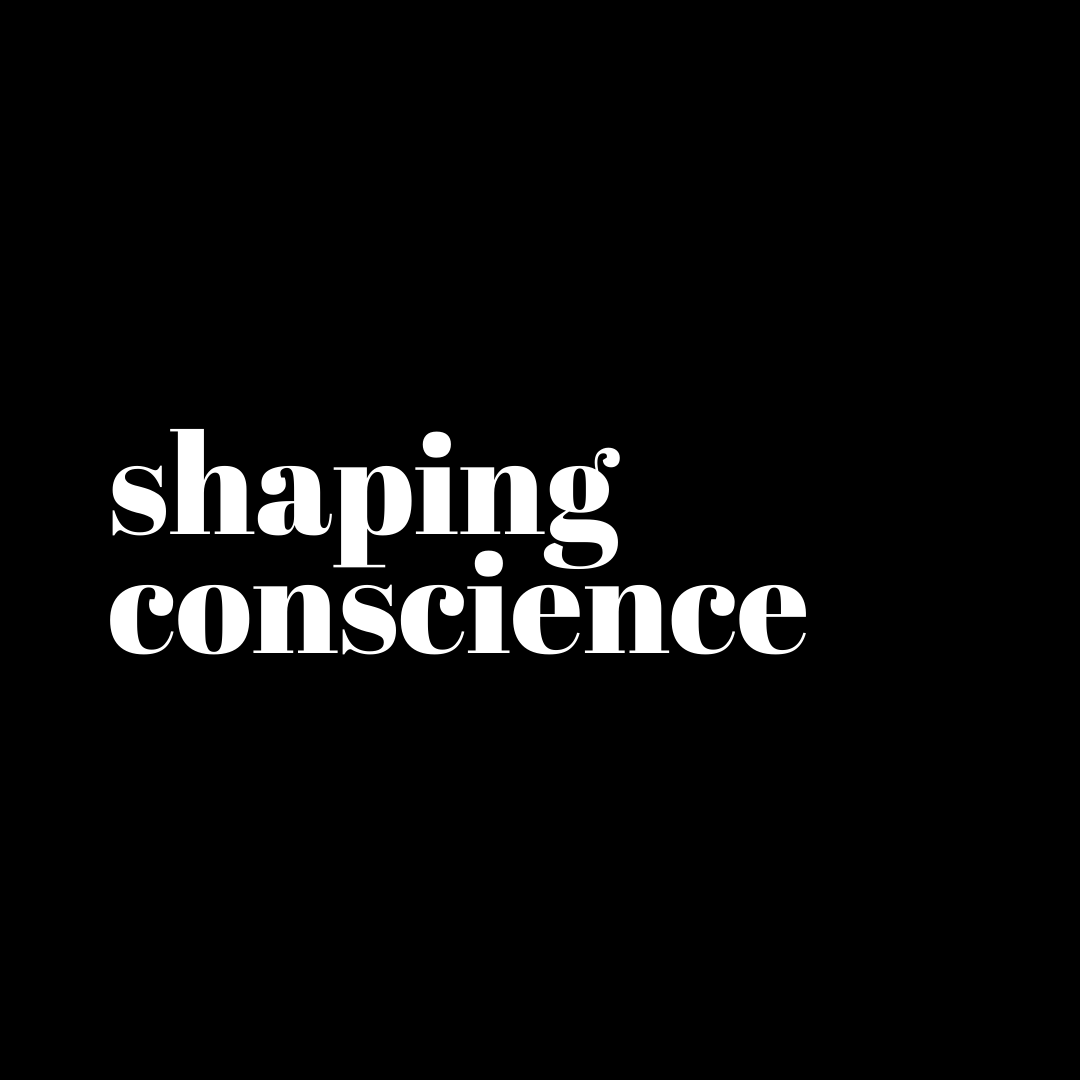
He played a great part in shaping my conscience.
— Martin Luther King, Jr.
Michael King was born in 1899 in Stockbridge, Georgia. Growing up, he developed an interest in preaching, practicing his eulogies on his family's chickens. At age 18, boarding with the family of Reverend A.D. Williams—then the pastor of the Ebenezer Baptist Church in Atlanta—Michael became deeply impressed with how the Black church was fighting for racial equality in the 1920s. So impressed, Michael soon decided to become a minister himself. During that time, he'd also started to court Reverend Williams' impressive young daughter, Alberta; and in 1926, he married her. It wasn't long before they had three children: daughter, Willie Christine born in 1927; Michael, Jr., in 1929; and the youngest, Alfred in 1930.
In 1934, now an up-and-coming pastor himself, Michael toured the Holy Land, then attended the World Baptist Alliance meeting in Berlin, Germany, as Hitler was consolidating his power in the Third Reich. While in Germany, Michael studied history and gained a deep appreciation for the Reformation figure Martin Luther's bold protests against the status quo, which led to earthshaking changes in the Old World in the mid-1500s. The experience shaped his conscience so fundamentally that Michael changed his name to mirror that of the priest.
Upon returning from Europe, he also soon took to addressing his eldest son as "M.L.," though sometimes he just called him Martin. After his dad's European trip, young Martin remembered witnessing an encounter he had with a police officer who'd stopped the elder King for a traffic violation. When the officer referred to his father as "Boy," his dad responded by pointing to his son and asserting: "This is a boy. I'm a man, and until you call me one, I will not listen to you." The officer, shaken by the man's boldness, retreated. Just as the father's conscience had been shaped by events and role models, now the son's was, as well.
As he grew older, the younger M.L., though not encouraged by his dad to become a preacher, watched as his father became the leader at Ebenezer Baptist following the death of Reverend Williams. "My admiration for him," Martin said of his father, "was the great moving factor. He set forth a noble example...he played a great part in shaping my conscience." He watched his father in the pulpit. He listened carefully to audiotapes of his dad, studying his cadences and speaking style as the elder King continued to serve at Ebenezer for the next four decades. On one occasion, his father took his hand and left a shoe shop when they'd been asked to give up their seats. "I still remember," the younger King said, "walking down the street beside him as he muttered, 'I don't care how long I have to live with this system, I will never accept it.'"
Thirty years after returning from Nazi Germany and having exerted such influence on the conscience of his son, Martin Luther King, Sr., found himself not terribly far from Berlin, in Oslo watching Martin Luther King, Jr., accept the Nobel Peace Prize in 1964. "As M. L. stood receiving the Nobel Prize...tears just streamed down my face." Later, of course, sorrowful tears would fall in April of 1968 when MLK was gunned down on a motel balcony in Memphis. Just a year later, the senior King would lose his younger son, Alfred, in a swimming pool accident. Then, in 1974, his wife Alberta was murdered during Sunday services at Ebenezer Baptist as she was playing "The Lord's Prayer" on the church organ. He'd been the actual target.
The life of Martin Luther King, Sr., and that of his son, show us that there is a peculiar confluence of experience and agency, of events and decisions, of beauty and tragedy that play out mysteriously throughout the course of human life. Our consciences are often crafted by moments in time when a unique person, a wonderful or terrible event, or the content of a compelling book or teaching resonates so powerfully inside our souls that it exerts a distinct gravitational pull upon us. But, we have agency in shaping our consciences, as well. We choose who we will let influence us.
In honoring Martin Luther King, Jr., our country has chosen to let what influenced him influence us—the Sermon on the Mount, the nonviolent resistance writings and courageous actions of Mohandas Gandhi in India, the mentorship and friendships of other civil rights leaders like Benjamin Mays and Bayard Ruskin—but what influenced him most of all, it appears, was what he had seen in his remarkable father.
Father God — Shape my conscience. Amen.
— Greg Funderburk





